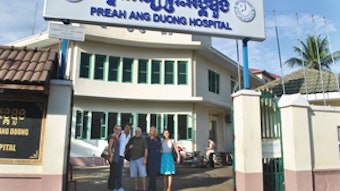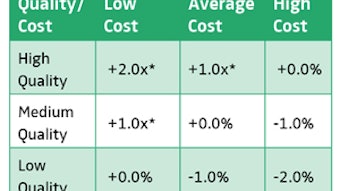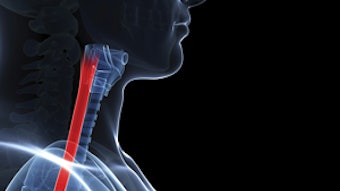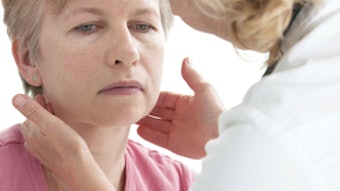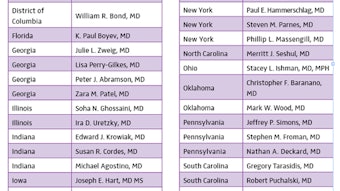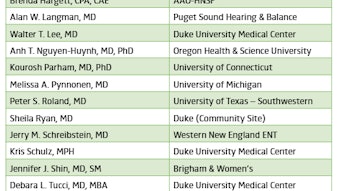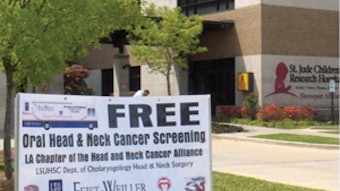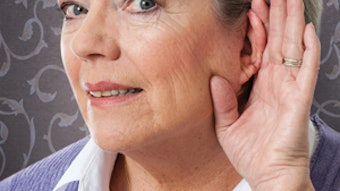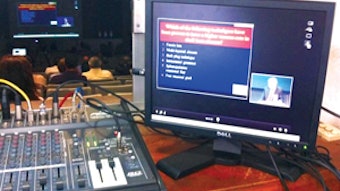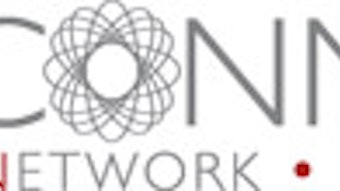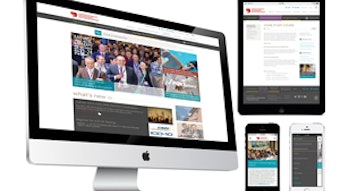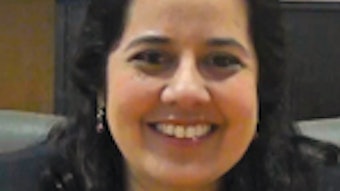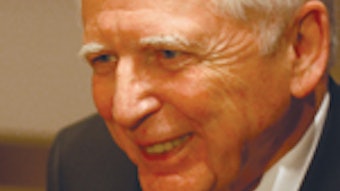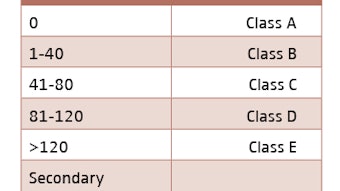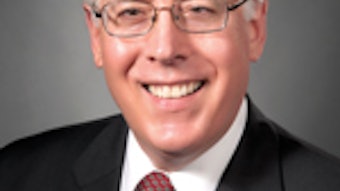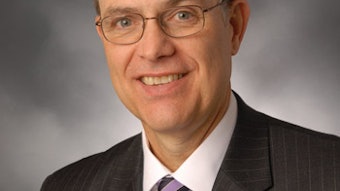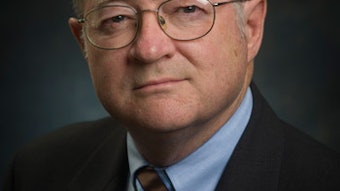Academy Represented at WHO Eastern Mediterranean Workshop
Soha N. Ghossaini, MD The World Health Organization (WHO) estimates that at least 360 million people—nearly five percent of the world’s population—have disabling hearing loss of greater than 40 dB. The vast majority of these individuals live in resource-poor countries where hearing services are limited or non-existent. In November 2013, WHO’s Regional Office for the Eastern Mediterranean (WHO-EMRO) invited AAO-HNS to participate in its regional workshop on “Strengthening and Integrating the Ear and Hearing Care Programme within Primary Health Care and Health Systems.” The workshop took place November 18-20 in Doha, Qatar, in collaboration with the Qatar Supreme Council for Health (SCH), and was moderated by Haroon Awan, MBChB, MMedOphth, consultant. Fifty-three participants representing many of the 23 EMR member states, plus professional societies and nongovernmental organizations, discussed ways to improve the ear and hearing healthcare in the region. After the opening session by Salih Ali Al-Marri, MD, General Secretary Assistant for Medical Affairs, SCH, Qatar, Shelly Chadha, MD, technical officer, WHO Prevention of Blindness and Deafness (PBD), presented a global overview of the WHO PBD program. Abdul Hanan Choudhry, MD, WHO-EMRO medical officer, PBD, reviewed the current state of the ear and hearing care program in the region’s healthcare. In addition, representatives from countries that are successfully integrating ear and hearing healthcare presented their programs. Representing the Academy, Soha N. Ghossaini, MD, associate professor, University of Illinois, Chicago, shared the goals and scope of the Academy’s international outreach, including worldwide collaboration, exchange of knowledge and education, and the way the Academy can help promote ear and hearing health globally. Most of the workshop was dedicated to group work sessions aimed at helping the WHO/EMRO countries develop their own strategy on integrating hearing health within primary care. Sessions focused on research and evidence, service delivery, ear and hearing health workforce, and development of one-year country plans. Dr. Ghossaini actively participated in group work with attendees from Egypt, India, Iran, Jordan, Tunisia, and the U.K. She proposed that the recommendations 1. include partners, professional societies, NGOs, and collaborating centers to provide academic support to ear and hearing health conferences in the region, and 2. promote sharing of information with governments and NGOs. For details, visit http://www.emro.who.int/control-and-preventions-of-blindness-and-deafness/events-and-meetings/workshop-ear-hearing-care-within-primary-health-care-doha-qatar.html.
Soha N. Ghossaini, MD
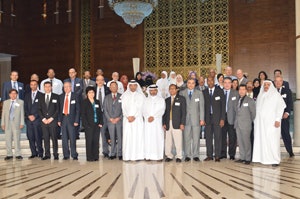 WHO-EMR Meeting on Deafness, Qatar (front row, R to L). Dr. Khalid Ali Altalhi Abu Alwah (Saudi Arabia); Dr. Jaouad Hammou (Morocco); Dr. Haroon Awan (Pakistan); Dr. Saad Abdillahi Awaleh (Djibouti); Dr. Mohamed Hosny Abdel Alim (Egypt); Dr. Abdul Hanan Choudhury (WHO-EMRO, Egypt); Dr. Salih Ali Al-Marri (Qatar); Dr. Khalid Abdul Hadi (Qatar); Dr. Ghulam Kazi (WHO Pakistan); Dr. Soha Ghossaini (U.S.); Dr. Monzer Hamzeh Al Labadi (Jordan); Dr. Abdul Karim Al Saei (Bahrain); Dr. Hassan Falih Al Sultany (Iraq); and Prof. Manzoor Ahmad (Pakistan).
WHO-EMR Meeting on Deafness, Qatar (front row, R to L). Dr. Khalid Ali Altalhi Abu Alwah (Saudi Arabia); Dr. Jaouad Hammou (Morocco); Dr. Haroon Awan (Pakistan); Dr. Saad Abdillahi Awaleh (Djibouti); Dr. Mohamed Hosny Abdel Alim (Egypt); Dr. Abdul Hanan Choudhury (WHO-EMRO, Egypt); Dr. Salih Ali Al-Marri (Qatar); Dr. Khalid Abdul Hadi (Qatar); Dr. Ghulam Kazi (WHO Pakistan); Dr. Soha Ghossaini (U.S.); Dr. Monzer Hamzeh Al Labadi (Jordan); Dr. Abdul Karim Al Saei (Bahrain); Dr. Hassan Falih Al Sultany (Iraq); and Prof. Manzoor Ahmad (Pakistan).The World Health Organization (WHO) estimates that at least 360 million people—nearly five percent of the world’s population—have disabling hearing loss of greater than 40 dB. The vast majority of these individuals live in resource-poor countries where hearing services are limited or non-existent.
In November 2013, WHO’s Regional Office for the Eastern Mediterranean (WHO-EMRO) invited AAO-HNS to participate in its regional workshop on “Strengthening and Integrating the Ear and Hearing Care Programme within Primary Health Care and Health Systems.”
The workshop took place November 18-20 in Doha, Qatar, in collaboration with the Qatar Supreme Council for Health (SCH), and was moderated by Haroon Awan, MBChB, MMedOphth, consultant. Fifty-three participants representing many of the 23 EMR member states, plus professional societies and nongovernmental organizations, discussed ways to improve the ear and hearing healthcare in the region.
After the opening session by Salih Ali Al-Marri, MD, General Secretary Assistant for Medical Affairs, SCH, Qatar, Shelly Chadha, MD, technical officer, WHO Prevention of Blindness and Deafness (PBD), presented a global overview of the WHO PBD program.
Abdul Hanan Choudhry, MD, WHO-EMRO medical officer, PBD, reviewed the current state of the ear and hearing care program in the region’s healthcare. In addition, representatives from countries that are successfully integrating ear and hearing healthcare presented their programs.
Representing the Academy, Soha N. Ghossaini, MD, associate professor, University of Illinois, Chicago, shared the goals and scope of the Academy’s international outreach, including worldwide collaboration, exchange of knowledge and education, and the way the Academy can help promote ear and hearing health globally.
Most of the workshop was dedicated to group work sessions aimed at helping the WHO/EMRO countries develop their own strategy on integrating hearing health within primary care. Sessions focused on research and evidence, service delivery, ear and hearing health workforce, and development of one-year country plans.
Dr. Ghossaini actively participated in group work with attendees from Egypt, India, Iran, Jordan, Tunisia, and the U.K. She proposed that the recommendations 1. include partners, professional societies, NGOs, and collaborating centers to provide academic support to ear and hearing health conferences in the region, and 2. promote sharing of information with governments and NGOs.
For details, visit http://www.emro.who.int/control-and-preventions-of-blindness-and-deafness/events-and-meetings/workshop-ear-hearing-care-within-primary-health-care-doha-qatar.html.
